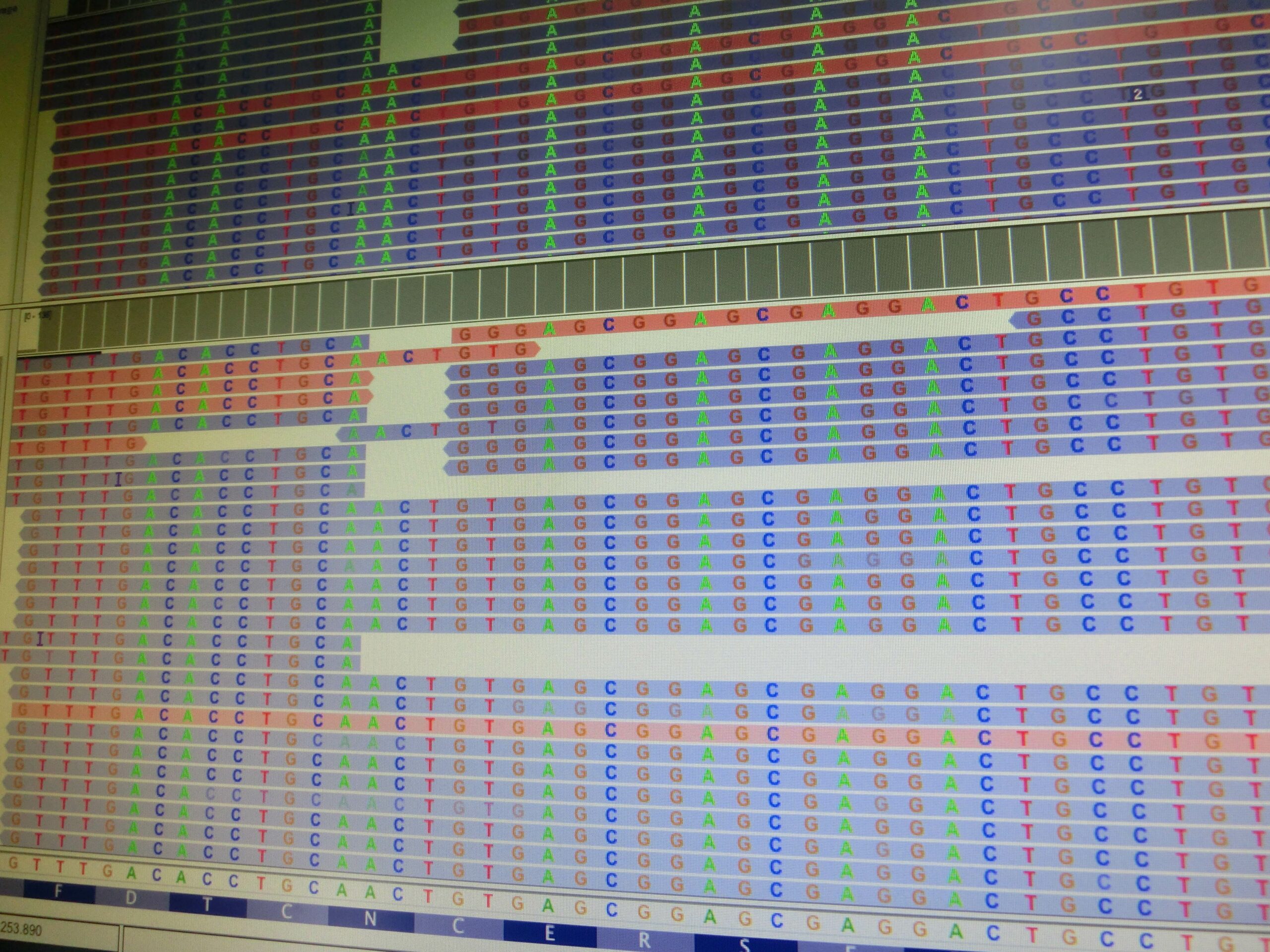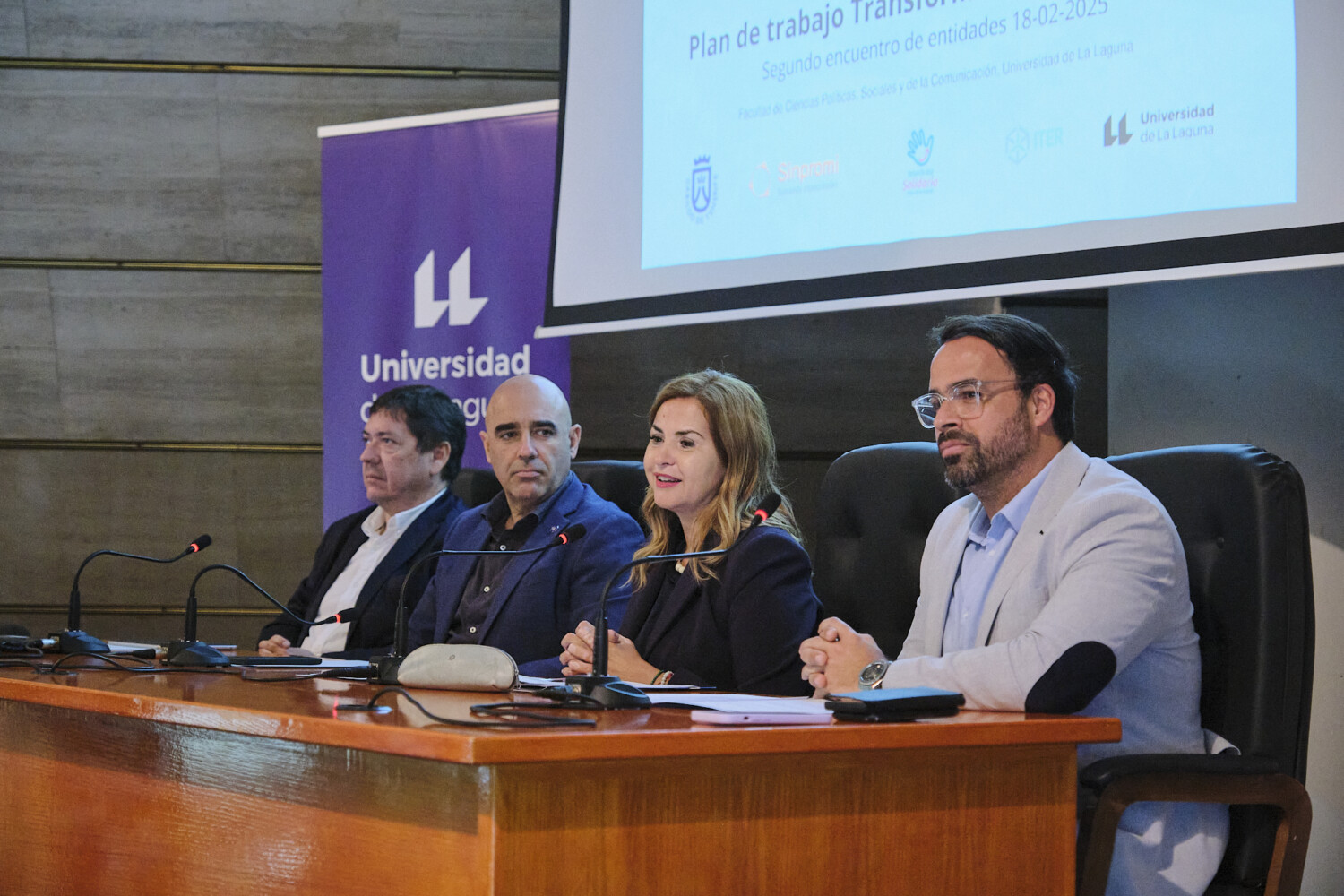This new study, in which ITER’s Genomics Area participates and which has been published by the prestigious scientific journal Nature, reveals significant advances in the genetic architecture of COVID-19.
Research personnel from the Genomics Area of the Institute of Technology and Renewable Energies (ITER), dependent on the Island Council of Tenerife, have participated in a study that provides new knowledge on the genetic architecture of COVID-19 that influences its susceptibility and severity.
This research has been developed within the framework of the international project COVID-19 Host Genetics Initiative(https://www.covid19hg.org/), of which the SCOURGE consortium is a partner(https://www.scourge-covid.org/), in which institutions from Spain and Latin America participate and which has received funding from the Instituto de Salud Carlos III. It represents a great collaborative effort that involves experts from more than 1100 institutions from all over the world including the ITER Genomics Area team, represented by experts Carlos Flores, Jose M. Lorenzo-Salazar and Rafaela González Montelongo, together with research teams from the University Hospital Nuestra Señora de Candelaria (HUNSC) and the Canary Islands Institute for Health Research Foundation of the Canary Islands (FIISC).
The study, recently published in the prestigious scientific journal Nature, delves into the genetics of COVID-19 by conducting a genome-wide association study (GWAS) aggregating genomic data from nearly 220,000 COVID-19 patients and more than three million controls.
This new work has identified 51 genetic factors in the human genome that are related to both the severity of COVID-19 and susceptibility to SARS-CoV-2 infection. These genetic factors have revealed valuable information about the disease, pointing to three main biological pathways that determine susceptibility and severity of COVID-19: virus contact with cells, airway defense mechanisms, and the type I interferon immune response. In addition, the study provides information about the role of the patient’s previous chronic diseases in the development of severe disease, which facilitates the identification of the most vulnerable populations.
The study addressed three phenotypes across 82 studies from 35 countries. The phenotypes evaluated included critical cases (requiring respiratory support or resulting in death; 21,194 cases), hospitalization (49,033 cases), and SARS-CoV-2 infection (219,692 cases). It should be noted that most of the data and patient samples were collected prior to the implementation of the COVID-19 vaccination programs.
Dr. Carlos Flores, scientific head of the Genomics Area at ITER and researcher at FIISC-HUNSC and the Center for Biomedical Research Network on Respiratory Diseases (CIBERES), which is part of the Carlos III Health Institute, emphasized the importance of this study in the fight against the pandemic, stating: “This work provides valuable insight into the genetic factors that influence the severity of COVID-19. Not only does it allow us to better understand the disease, but we hope that its results will also allow us to advance in the definition of new therapeutic targets and the search for effective solutions at a global level. In addition, it is important to highlight the immense coordination work involved in this study, which was carried out during the most difficult moments of the pandemic and involved the activities of several thousand researchers from more than 35 countries, which adds enormous value to the study”.
This latest study represents a significant milestone in the understanding of the genetic basis of COVID-19 and highlights the commitment of Canary Islands institutions to cutting-edge scientific research.
Reference to the article:
- The COVID-19 Host Genetics Initiative. A second update on mapping the human genetic architecture of COVID-19. Nature 621, E7-E26 (2023). https://doi.org/10.1038/s41586-023-06355-3






